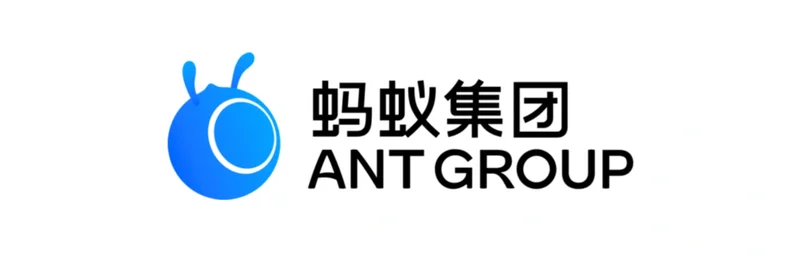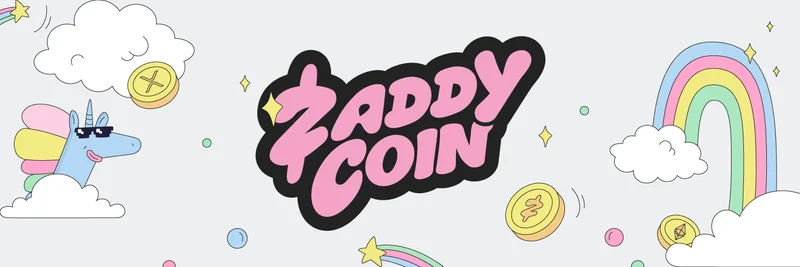In the fast-paced world of memecoins, where viral trends can send prices skyrocketing or crashing overnight, a new idea is bubbling up that could change how we bet on these digital assets. A recent tweet from @baoskee, a notable figure in the crypto space associated with daosdotfun, proposed an intriguing twist on prediction markets specifically tailored for memes.
The tweet, posted on September 30, 2025, reads: "new idea for prediction market with memes: you buy tokens if predict token price up and sell tokens if you predict token price down who’s building this?" It quotes a demo preview from Oracle Degen, a Solana-based platform that's gearing up to revolutionize memecoin betting.
For those new to the scene, prediction markets are like betting pools where people wager on the outcome of future events. The odds shift based on how much money is staked on each side, reflecting the crowd's collective wisdom. In crypto, these markets often run on blockchain for transparency and decentralization. Memecoins, on the other hand, are cryptocurrencies inspired by internet memes—think Dogecoin or newer ones like BONK and POPCAT on Solana. They're known for their volatility, driven more by hype and community than fundamentals.
Oracle Degen positions itself as Solana's memecoin prediction market, allowing users to bet on things like token prices, market cap milestones, exchange listings, and ecosystem events. From their website at oracledegen.fun, you can see live markets such as whether BONK will hit $0.00005 by the end of 2025 or if POPCAT's market cap will exceed $1B in October 2025. Users connect their Solana wallets, place bets in SOL, and watch the pools grow. It's all about transparent odds and simulated betting in the demo phase, with testnet on the horizon.
@baoskee's idea takes this a step further by merging the act of trading the memecoin itself with the prediction mechanism. Essentially, buying the token would signal your belief that its price will rise (a bullish bet), while selling would indicate you think it'll drop (bearish). This simplifies the process—no need for separate Yes/No shares; the token's market becomes the prediction arena.
But is it that straightforward? In traditional trading, buying and selling already reflect price expectations. The genius here might lie in structuring it as a formal prediction market, where the token's liquidity pool or smart contract resolves based on actual price outcomes, paying out winners accordingly. It could create a self-fulfilling prophecy loop, where bets influence the price, which in turn affects the bets.
Of course, as one reply pointed out, this setup could be prone to manipulation—big players pumping or dumping to sway outcomes. Another user suggested using AI agents like $LLM for live streaming predictions, while someone tagged @ElizabethHolmes (perhaps jokingly). There's even a callout to building something similar, with @CapKB_ mentioning they're working on @DolyMarket (likely a nod to Polymarket, a popular prediction platform) on DAOs.
The community responses were a mix of enthusiasm and memes. One standout reply was a hilarious image of Patrick Star from SpongeBob clumsily "building" something, perfectly capturing the DIY spirit of crypto innovation.
This concept aligns perfectly with the meme token ethos: fun, accessible, and community-driven. If built on Solana's high-speed, low-cost blockchain, it could attract degens (crypto slang for high-risk traders) looking for the next big thing in DeFi (decentralized finance).
As the crypto landscape evolves, ideas like this highlight how memecoins are more than just jokes—they're testing grounds for innovative financial tools. Keep an eye on projects like Oracle Degen and emerging builders; they might just predict the future of betting on memes. If you're into Solana memecoins, check out the original thread here and join the conversation. Who knows, the next viral prediction market could be born from a simple tweet.



